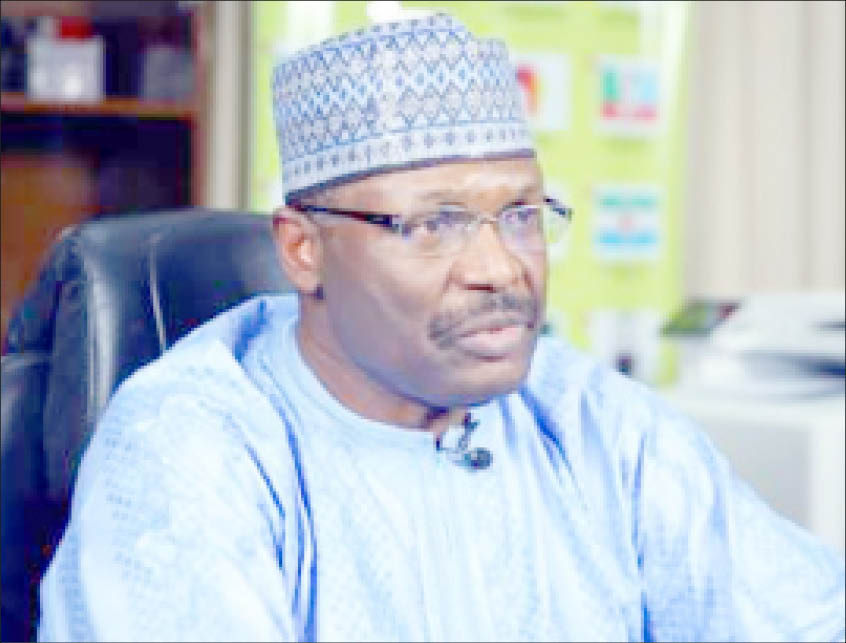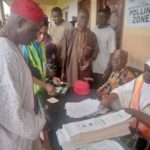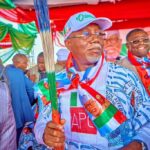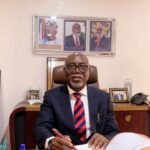The Independent National Electoral Commission (INEC) has disclosed that between February 3, 2019 and now, the commission has recorded 53 attacks on its facilities in different parts of the country.
The INEC National Commissioner in charge of Voter Registration and Information, Festus Okoye, gave the figure at one-day sensitisation training for journalists in Lafia, the Nasarawa State capital.
The event was organised by the Nigeria Union of Journalists (NUJ) in conjunction with INEC on conflict-sensitive reporting and 2023 general elections.
He said, “As from February 3, 2019 up to July 23, 2022, the commission recorded 45 attacks on its facilities in different parts of the country. And between July 23, 2022 and December 14, 2022, we also recorded 8 additional attacks on our facilities.”
IPOB: Food traders boycott S/East as northerners flee
IPOB behind attack on Imo INEC office – Police
Speaking on the functionality of the Bimodal Voter Accreditation System (BVAS), Okoye said it works both online and offline for transmission of results and accreditation of voters.
He said, “BVAS works offline and Section 47 (2) of the Electoral Act makes the use of BVAS mandatory for the commission.
“It works just like when a person sends a text message from a mobile phone; once it goes, the sender cannot retrieve or alter it. The device is used for voters’ authentication, accreditation and transmission of results.”
He said during the INEC’s continuous voters’ registration exercise, over 12 million people completed their registration which started on June 28, 2021 and ended on July 31, 2022.
INEC cautioned journalists against announcing or publishing results of the elections before they are officially announced by the commission.
Insecurity a threat to credible polls in 2023 – Don
Meanwhile, the Director of Institute for Niger Delta Studies in the Niger Delta University, Amossoma, Bayelsa State, Prof. Solomon Ebobrah, has said the high level of insecurity in the land and incessant attacks on INEC facilities is a threat to the 2023 general polls.
Prof. Ebobrah stated this yesterday while delivering the 8th annual public lecture organised by the Federated Correspondents’ Chapel of the Nigeria Union of Journalists (NUJ), Bayelsa State Council.
He said the security threats have affected free campaigns and the voters registration exercise as well as ongoing distribution of Permanent Voters’ Cards (PVCs), thereby hampering the principle of free and fair election.
Speaking on the theme of this year’s lecture, “Ensuring free and fair elections in the face of security challenges”, the academic don urged security operatives to be directed at protecting the voters and not people in government or other important personalities.
From Umar Muhammed (Lafia) & Bassey Willie (Yenagoa)

 Join Daily Trust WhatsApp Community For Quick Access To News and Happenings Around You.
Join Daily Trust WhatsApp Community For Quick Access To News and Happenings Around You.


